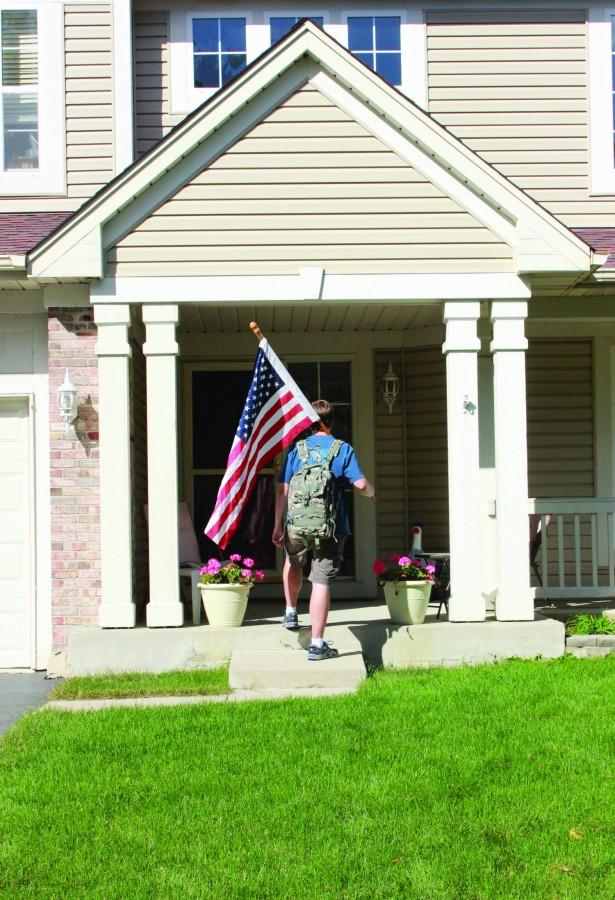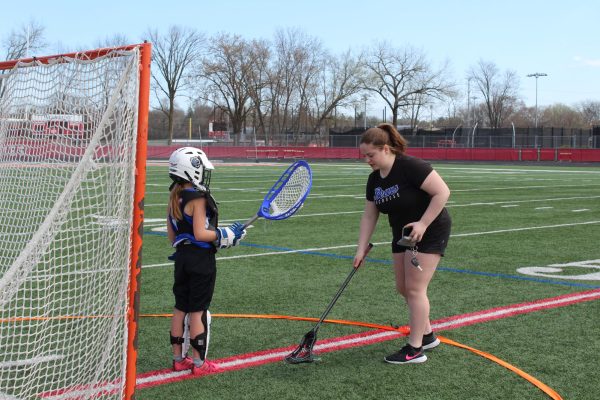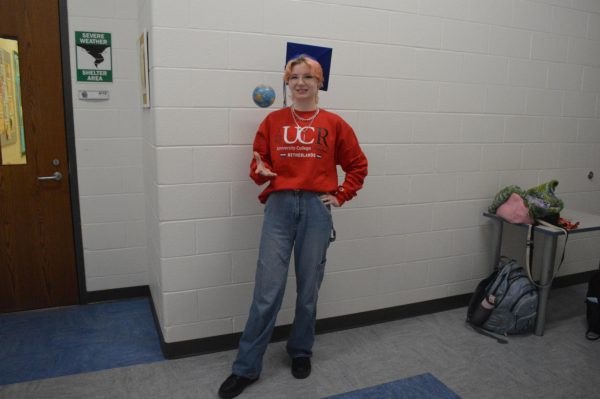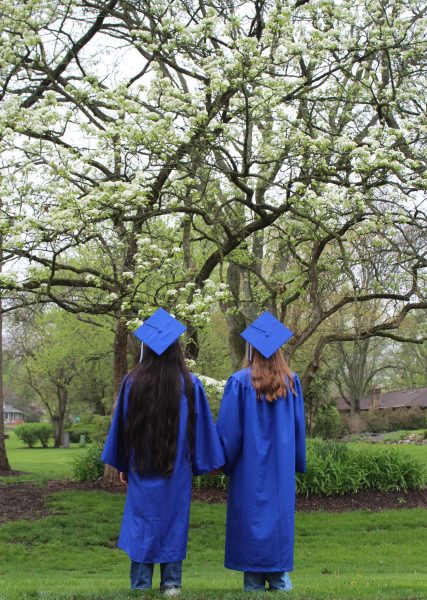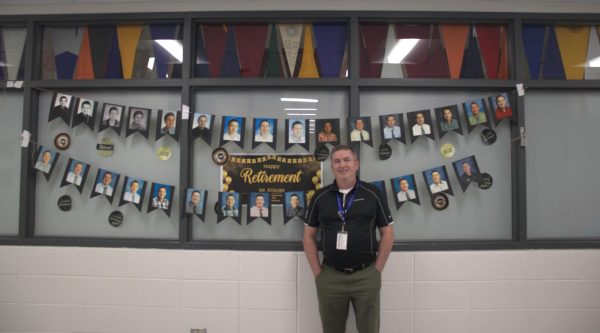A Hero’s Welcome
As the beginning of the fall semester kicks off, colleges all over the country fill up with students preparing for the year ahead. But a select handful of the young adults will not be going to dorm rooms, but instead basic training for the U.S. military as they prepare to serve the country.
While some grads struggle with the idea of leaving home and going off to the military for as long as they are needed, others have known all along this is what they were meant to do and look forward to returning to where they came from.
“There really isn’t anything like walking in the front door of your childhood home,” Cameron Schaffer, Second Lieutenant Aviation Officer and 2010 grad, said. “It is always a great experience. I get to see all my old friends and family and eat great home cooked meals.”
The uncertainty of being able to come home can be intimidating according to Bob Knuth, social studies teacher, but despite being thousands of miles away his family still managed to boost his spirits.
“Most people leave home to go to school or college, but they aren’t really leaving. They can always come back. This was ‘gone’ gone,” Knuth said. “When I went to Germany, my family was really supportive because they knew there was a history and that this is what I wanted. I called home about once every two weeks and wrote letters back and forth.”
While modern technology has made it easier to communicate with family back home, there are still certain obstacles around communication.
“The one time I had no contact was during SERE school. SERE (survive evade resist escape) is a 21 day long course designed to prepare an aviator in the event he is shot down behind enemy lines. During this time I had no contact with the outside world and indeed did get homesick,” Schaffer said. “The training was rigorous but I never wished to be anywhere else. I knew I had to get past it and that my family was cheering for me.”
With a combination of family support as well as communication being made easier, it helps take away parts of the homesickness according to Knuth.
“It was different in Iraq [then Germany] because we had cell phones and email and internet so it was better,” Knuth said. “Now, technology has made it so everyone can be in contact. You can make it now where you get done with work and even if you’re in Afghanistan you can skype home or send an email.”
While being able to email and send messages home is helpful, one of the best cures to homesickness isn’t technology, but the people experiencing the same situation according to Knuth.
“I got home sick a lot. When I first went in, I was young and tough. But then what happens is you become friends with people around you, and they become like your family,” Knuth said. “A year and a half ago on facebook a guy got in contact with me that I hadn’t talked to in thirty eight years, and I still remembered him. It was a very cool experience.”
Overall, Chase Donaldson, Military Emergency Medicine and Critical Care Physician and 2003 LZHS grad, believes that though being away from home can be hard, keeping a positive outlook allows for amazing experiences.
“The Army does not have any bases near Illinois and very few bases in the Midwest generally, which makes it hard to come back home and be stationed around my family and friends,” Donaldson said. “Moving around in the military and never really feeling like you have a stable ‘home’ can be tough for some people, but I am continuing to view it as an adventure.”

Madison is on both the basketball and soccer teams, and she spends most of her summer working as a camp counselor in Wisconsin. She has been a staff member...

